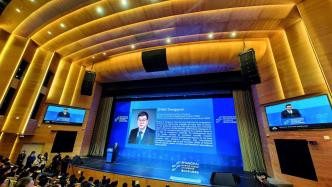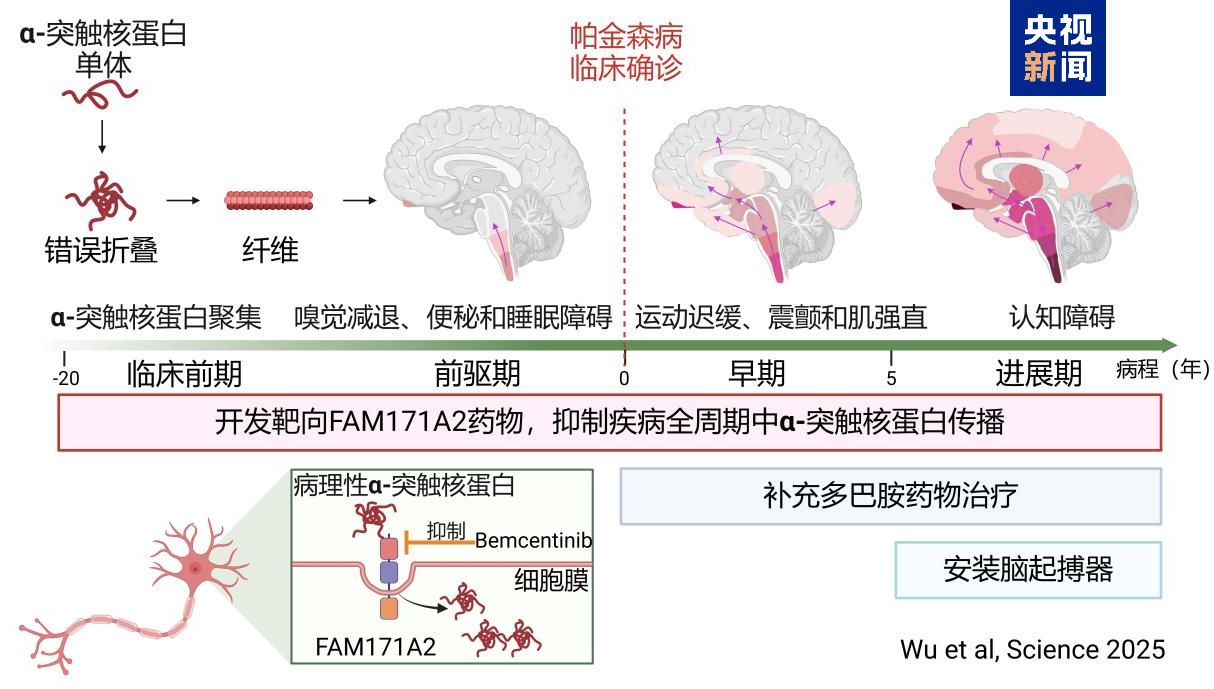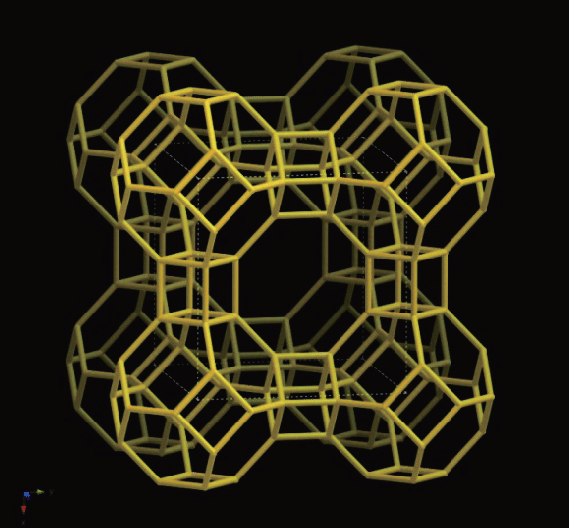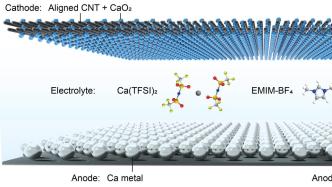
· “Science should not be burdened with heavy shackles of real-world applications. Of course, market application is important, but I still hope that my students can detach themselves from reality when doing basic research, because it is almost difficult to find a good solution from practical scenarios. Scientific questions, truly original scientific questions still require profound thinking and detachment from the outside world.”
"I am an ordinary scientific worker who has been working with mesoporous materials for decades. I increasingly find that when you look at the world through 'pores', you can see a lot, civilization and barbarism, war and peace... "On December 28, Zhao Dongyuan, academician of the Chinese Academy of Sciences and professor of the Department of Chemistry of Fudan University, said this at the fifth Pujiang Science Masters Forum.
Mesoporous materials are a type of material with a special pore size range, generally ranging from 2 to 50 nanometers. They are widely used in adsorption, catalysis, separation and other fields. Around 2001, mesoporous materials as a whole were limited to inorganic materials. Zhao Dongyuan had a sudden idea: Can we create an organic mesoporous polymer material that is soft, light and easy to use, and can also create very high value in the national economy?
In 2005, Zhao Dongyuan first proposed the new idea of organic-organic self-assembly based on organic-inorganic self-assembly. In 2020, the "Creation and Application of Ordered Mesoporous Polymers and Carbon Materials" project led by Zhao Dongyuan won the first prize of the National Natural Science Award. After the award ceremony, Zhao Dongyuan hurriedly put the certificate into a canvas bag and went to give it to the undergraduate students He gave lectures, so he was also called "Academician Butai".
Today, the "Academician Butai" lecture started with the development of chemical science.
Zhao Dongyuan introduced that since the beginning of ancient Greek philosophy, philosophers have been discussing what matter is. The famous Greek philosopher Democritus proposed that matter is composed of atoms. It is under this view of matter that we began chemical research. Chemistry can be traced back to alchemy in the Middle Ages. Paracel Sous, the first medical chemist to study the therapeutic effects of chemical elements and compounds, first elevated chemistry (alchemy) to chemical philosophy and proposed God is a chemist, and creation is a chemical process. Chemistry truly became a science during the first chemical revolution. British physicist and chemist Robert Boyle said that chemistry is not a follower of technology and metallurgy, but an independent part of natural science and an exploration of science. an aspect of the mysteries of the universe, and therefore the year 1661 can be seen as the beginning of modern chemistry.
Since then, a large number of outstanding chemists began to emerge, including Antoine-Laurent Lavoisier, Linus Carl Pauling...
Countless chemical stars light up this chemical universe together. "However, the development of chemistry was carried out in the dark. It took us more than three hundred years just to study the components in the air. Chemistry cannot be seen, physics is observed with the eyes, mathematics uses logical reasoning, and chemistry It is completely based on a foundation that cannot be seen, so chemists must be full of imagination." Zhao Dongyuan pushed up his glasses and said.
In his opinion, chemistry is a light subject. Faced with the question "How to realize the transformation of results" raised by the audience, Zhao Dongyuan answered very firmly: "Chemistry is a basic discipline closest to industry, and many research results can be transformed, but I still want to say that it should not be given to Science is burdened with heavy shackles of real-world application. Of course, market application is important, but I still hope that my students can detach themselves from reality in the process of doing basic research, because it is almost difficult for us to find a good scientific problem from practical scenarios. Truly original theoretical issues still require profound thinking and detachment from the outside world. Without the transformation of basic research results, it is water without a source and a tree without roots.”
And how to be invincible in the "thought experiment"? Zhao Dongyuan said that first of all, a correct topic selection is needed. Einstein said that asking a question is often more important than solving a problem. Secondly, a scientific methodology is needed to deductively improve the problem. "The misunderstanding of scientific research and innovation is to shout various seemingly solemn slogans. I often say that scientific research is like a funnel. First, small problems are derived from big problems, then theories are proposed, and then they are developed. We are all Stand on the shoulders of giants, so don’t call yourself ‘from 0 to 1’ easily.”
The word that appeared frequently in the lecture was "independence". Zhao Dongyuan said: "I especially want to emphasize the importance of independence. The spirit of science lies in independence. As a researcher, you must have independent thinking and conduct research independently. Only the science produced in this way is valuable. As a teacher, it is important to guide students to think independently. Most importantly, independent and free thought is the 'living water' that inspires scientific research, because scientific truth is the only one."
Returning to reality, between profound scientific knowledge and serious scientific attitude, the simple sincerity of this "Academician Butai" can be seen everywhere. Why are there so few Nobel Prize winners in chemistry in China? With a slight northeastern accent, he said bluntly: "Don't worry, everyone. It took Japan 80 years to produce its first Nobel Prize winner in chemistry. We still need to calm down. In 20 or even 40 years, if we do science for science's sake, we will always be able to do it." Standing tall in the world of science."
The one-hour lecture passed very quickly. In the concluding remarks of the lecture, Academician Zhao pointed out that "China's biggest challenge in the future is its attitude towards truth and nature. The scientific spirit is to 'just ask right and wrong, regardless of interests.' Science will always fight against superstition and All ignorant thoughts.”



Beneficial write ups, Regards. casino en ligne You actually said that perfectly! casino en ligne Thanks. Wonderful information. casino en ligne You have made your position quite clearly!! casino en ligne You actually reported it fantastically. casino en ligne Truly tons of amazing data! casino en ligne You actually revealed it adequately! casino en ligne This is nicely said. . casino en ligne Info very well utilized!. casino en ligne Seriously lots of good data. casino en ligne